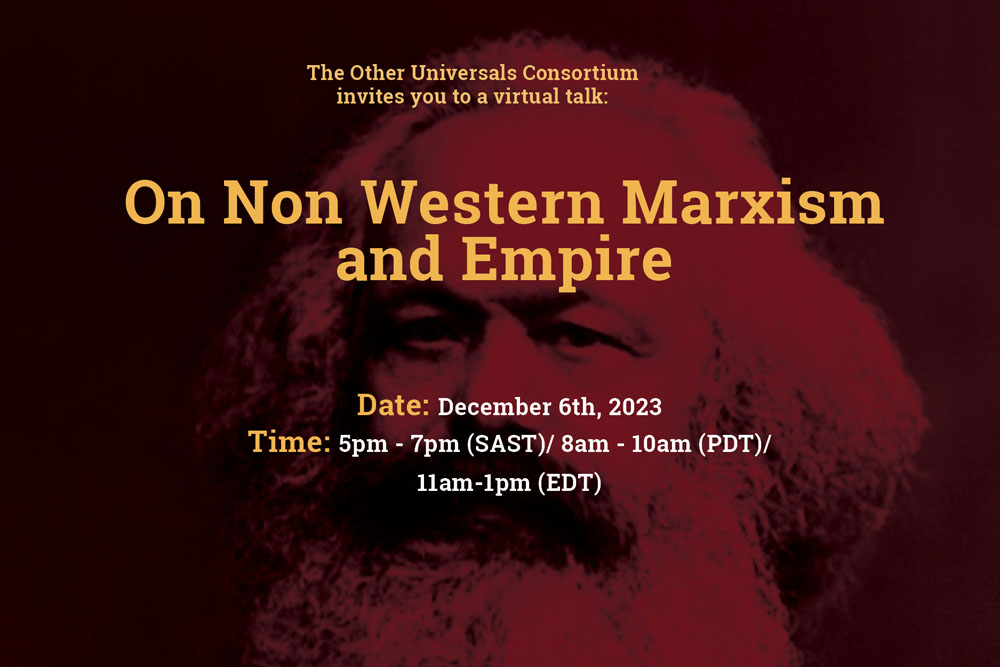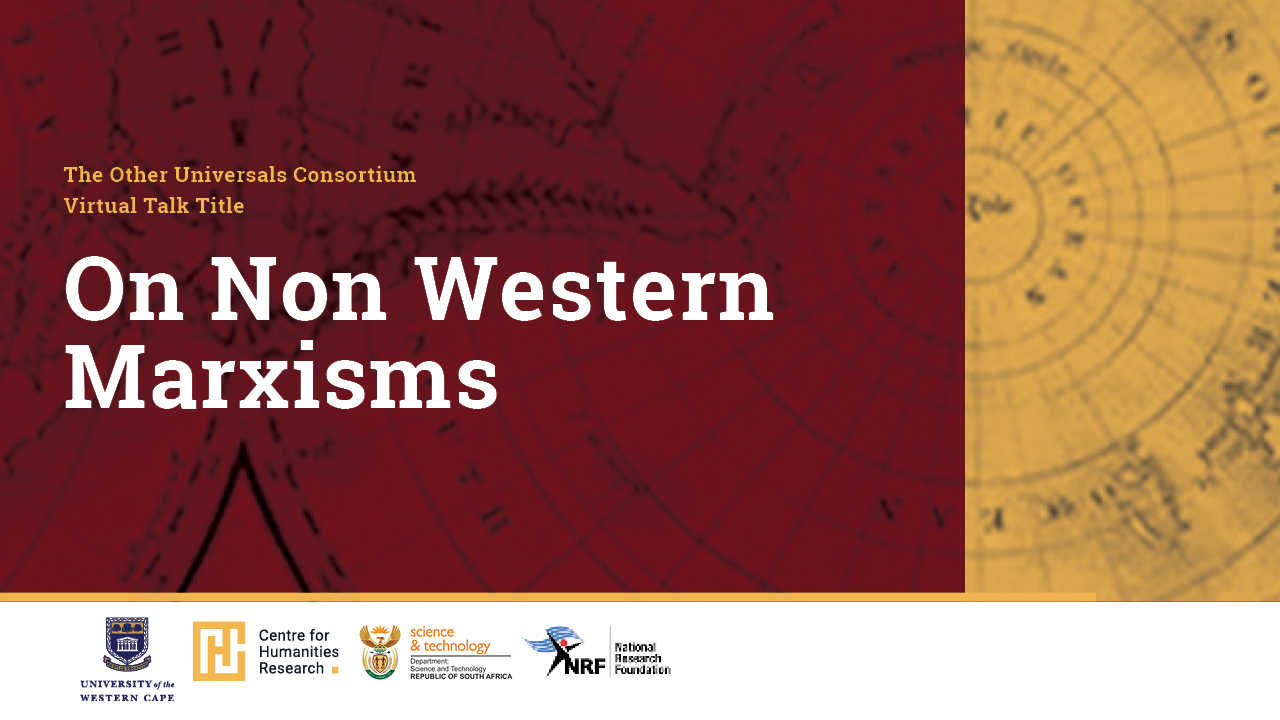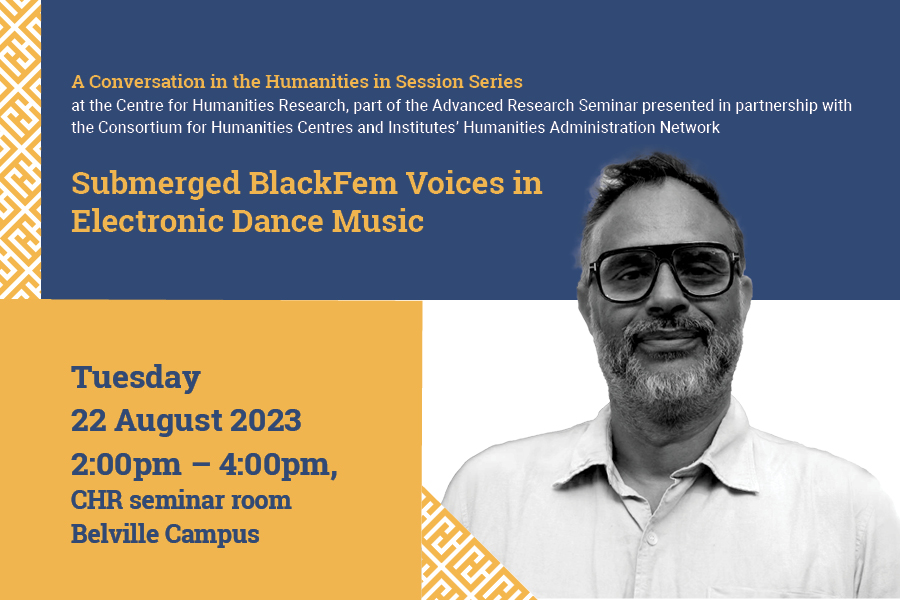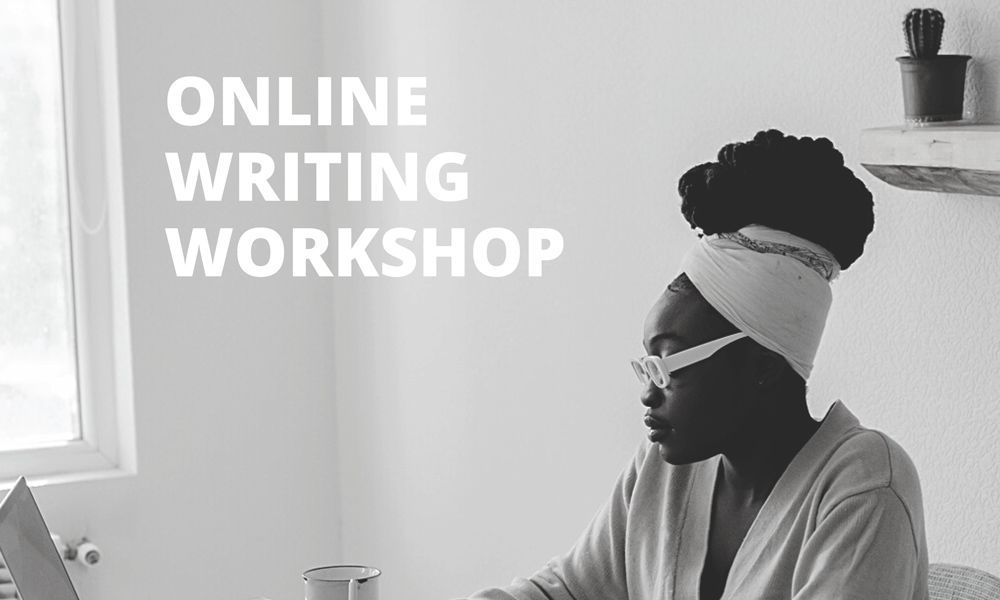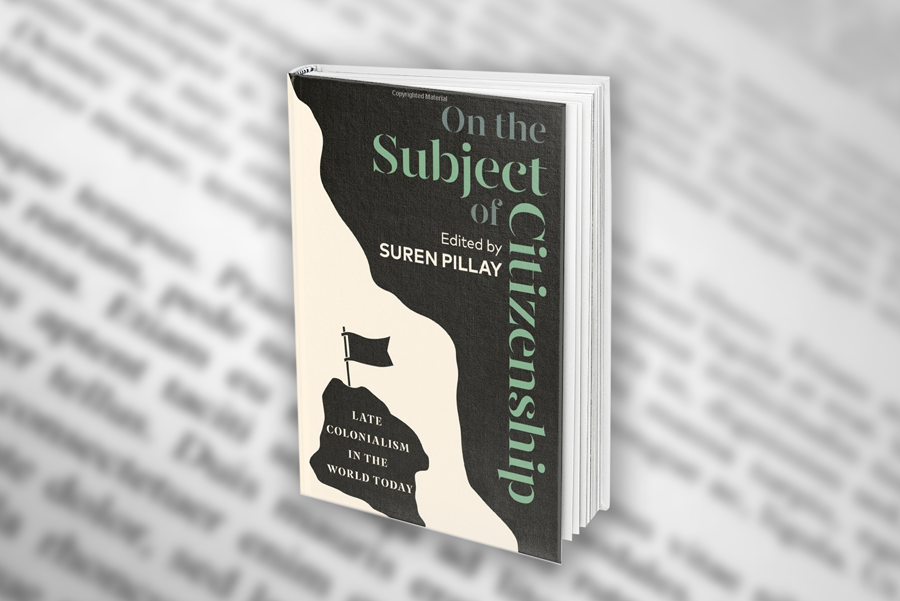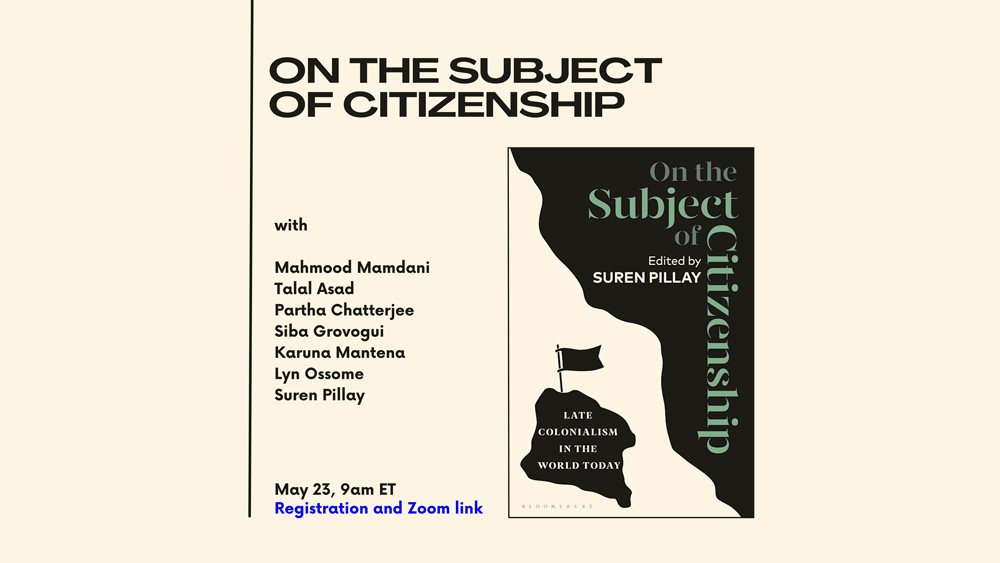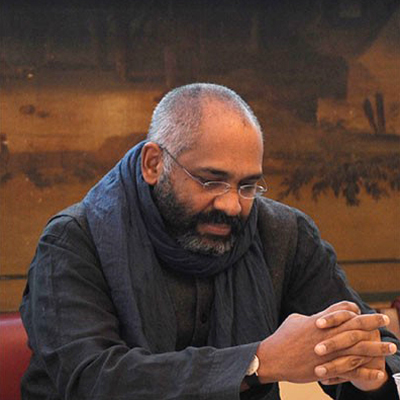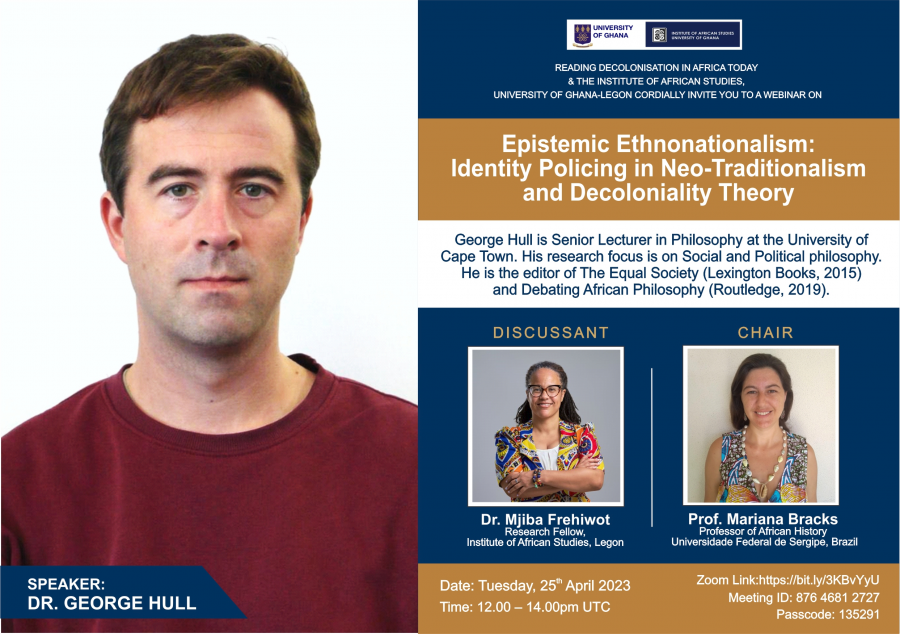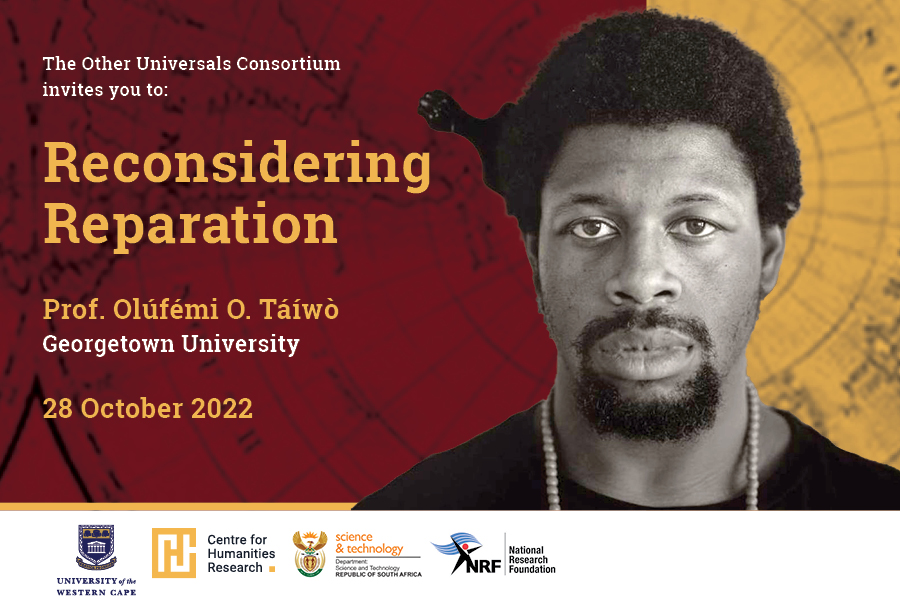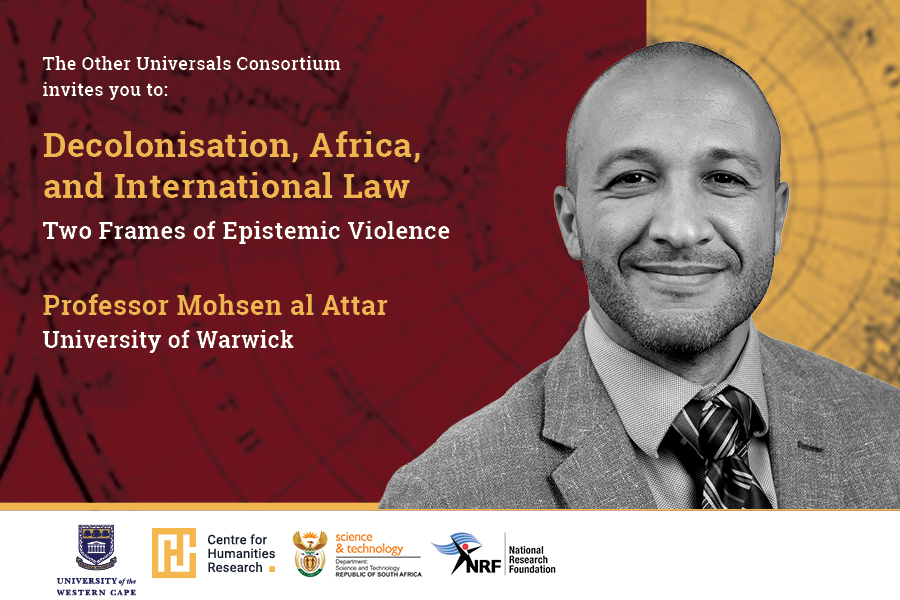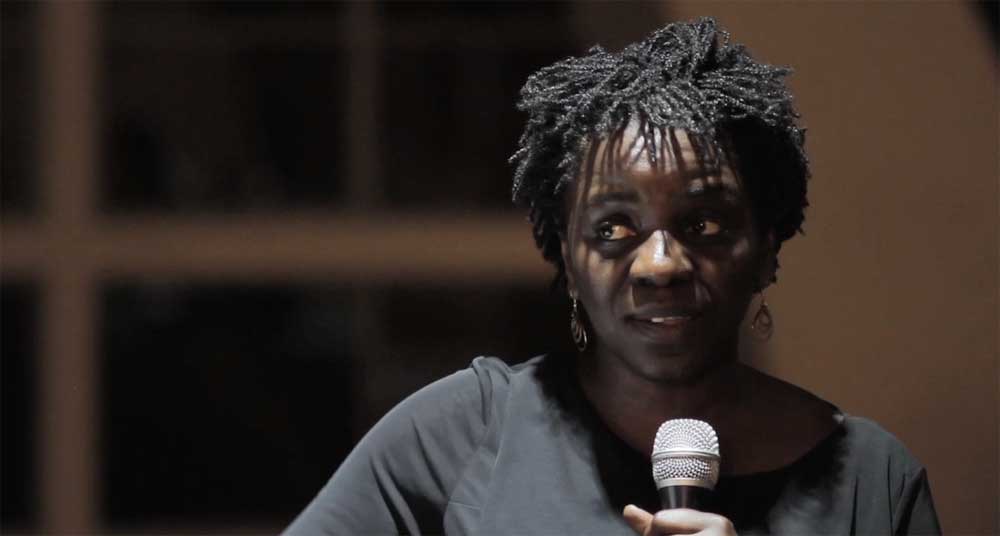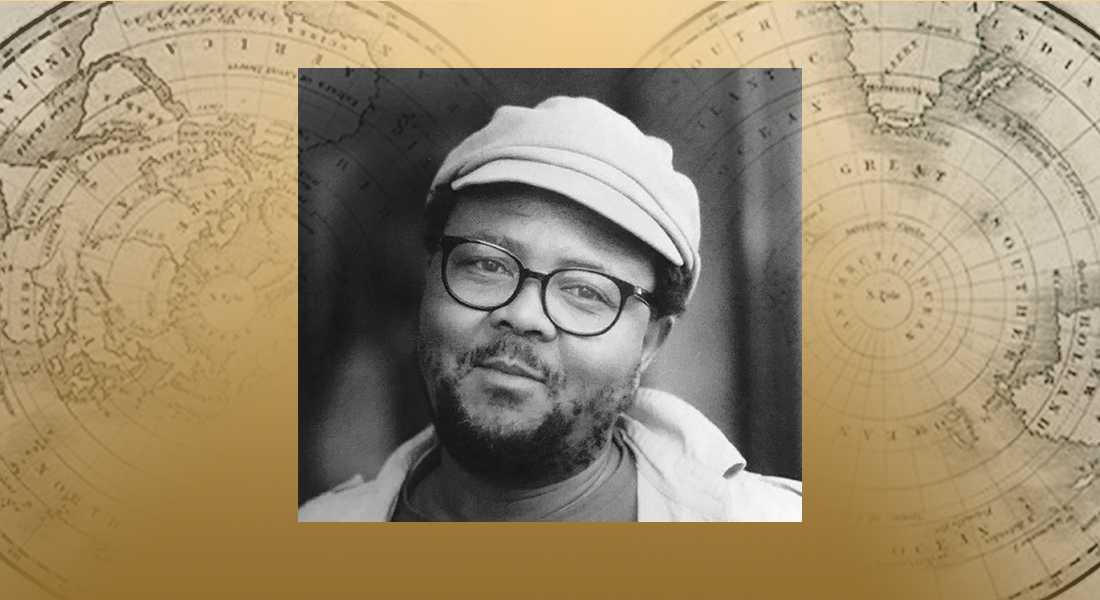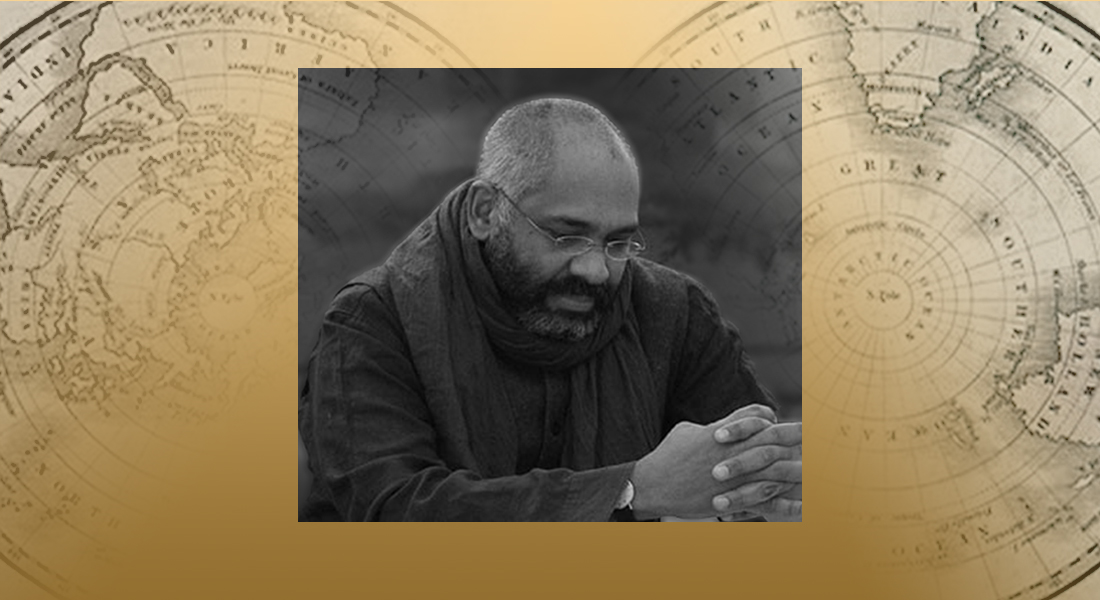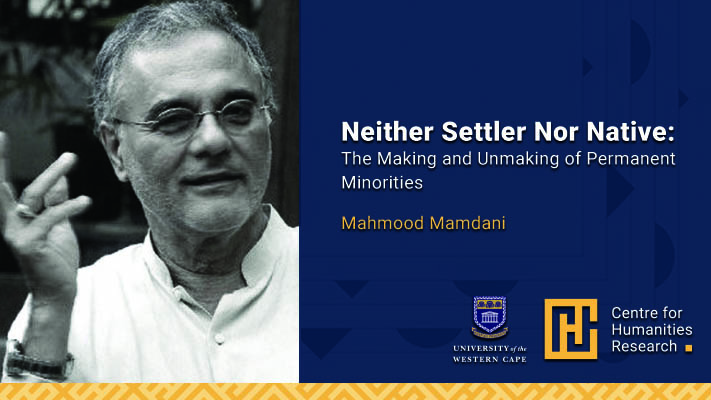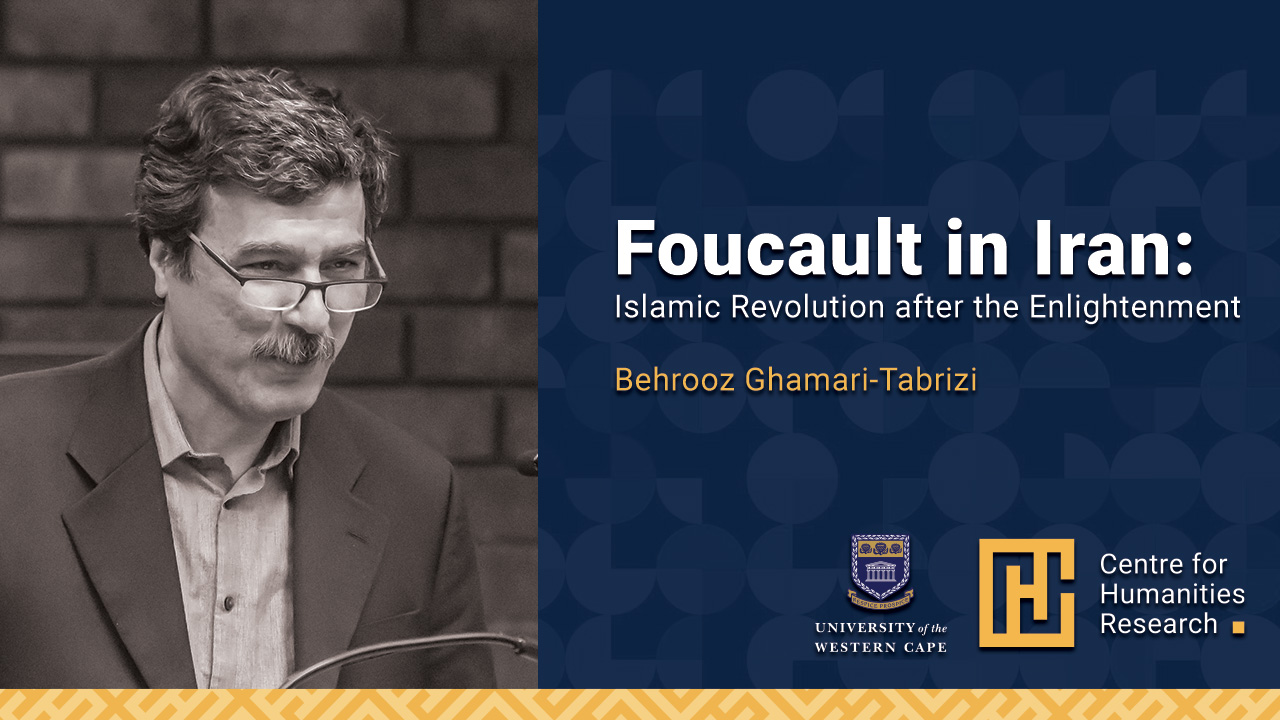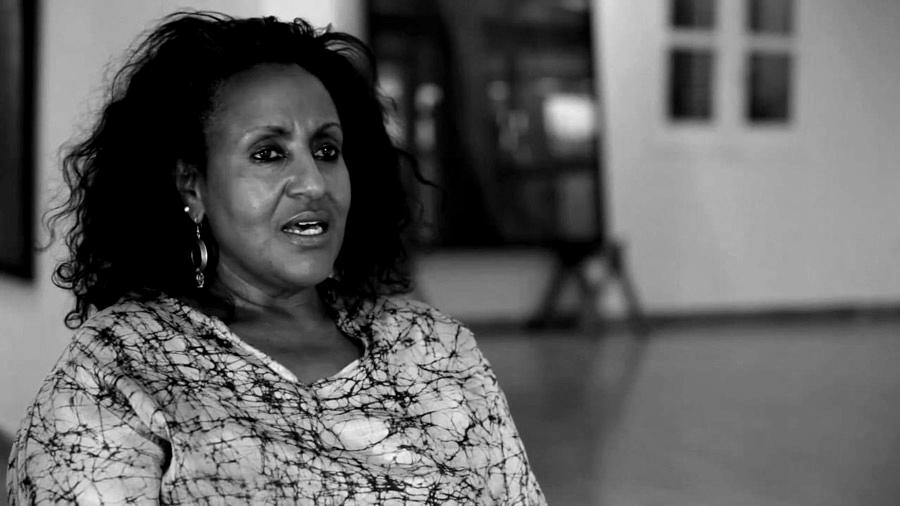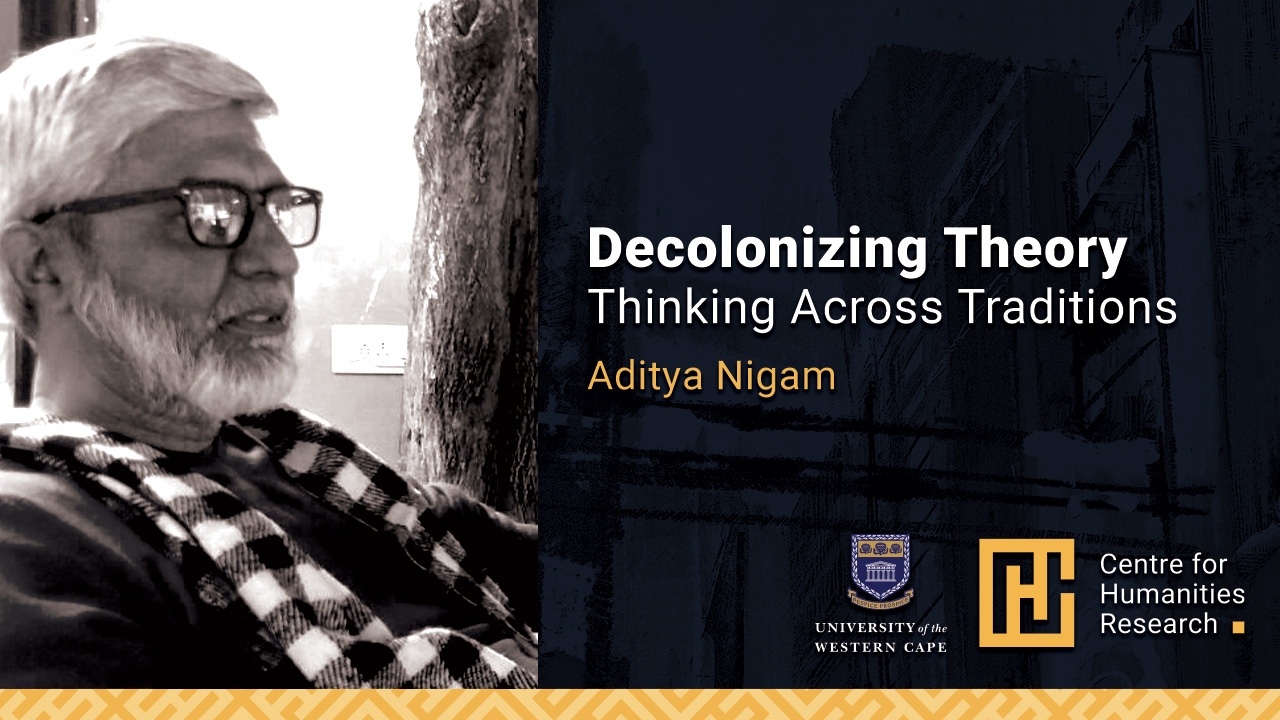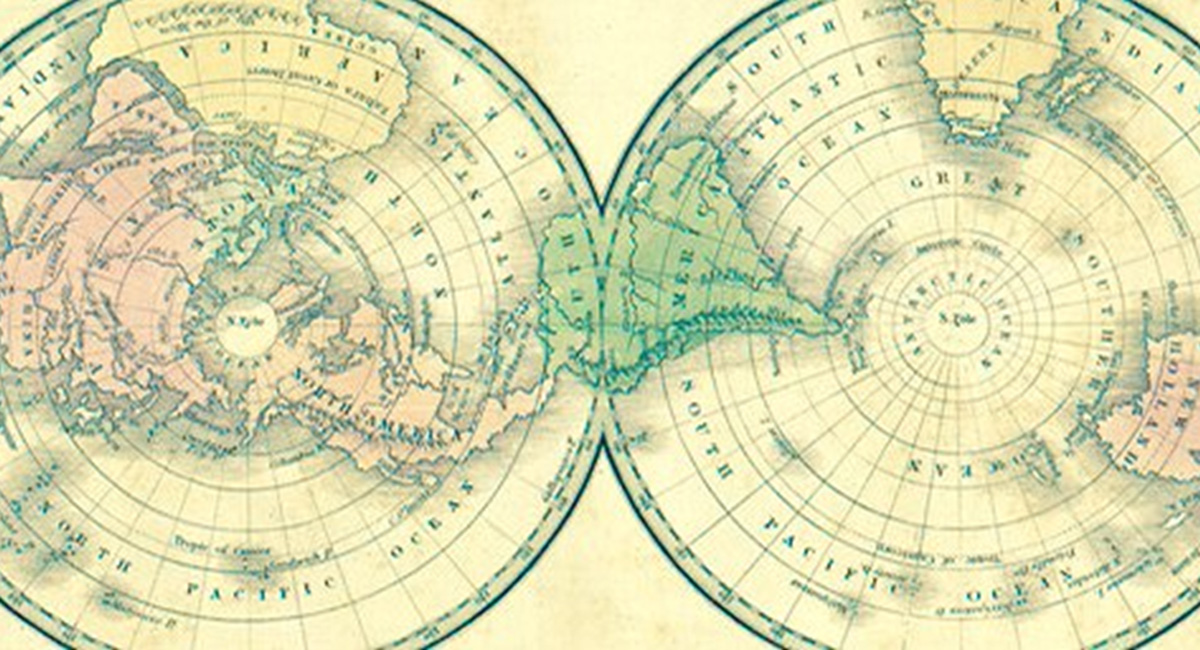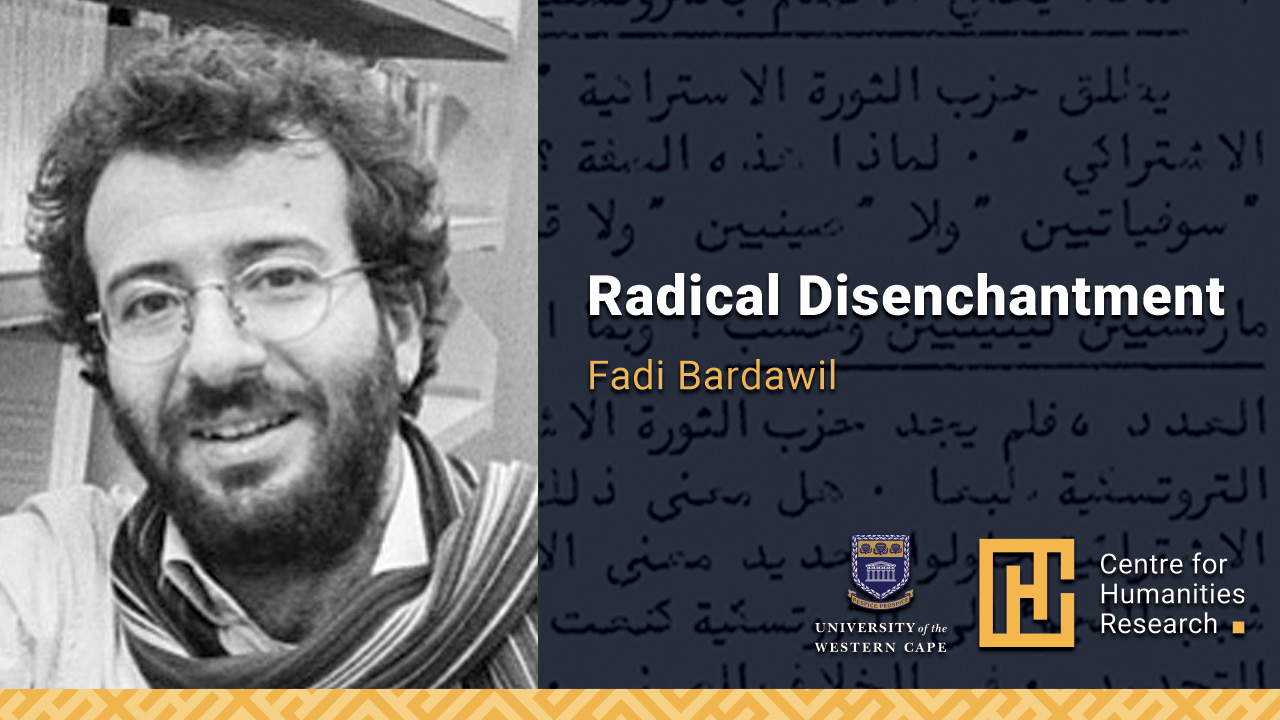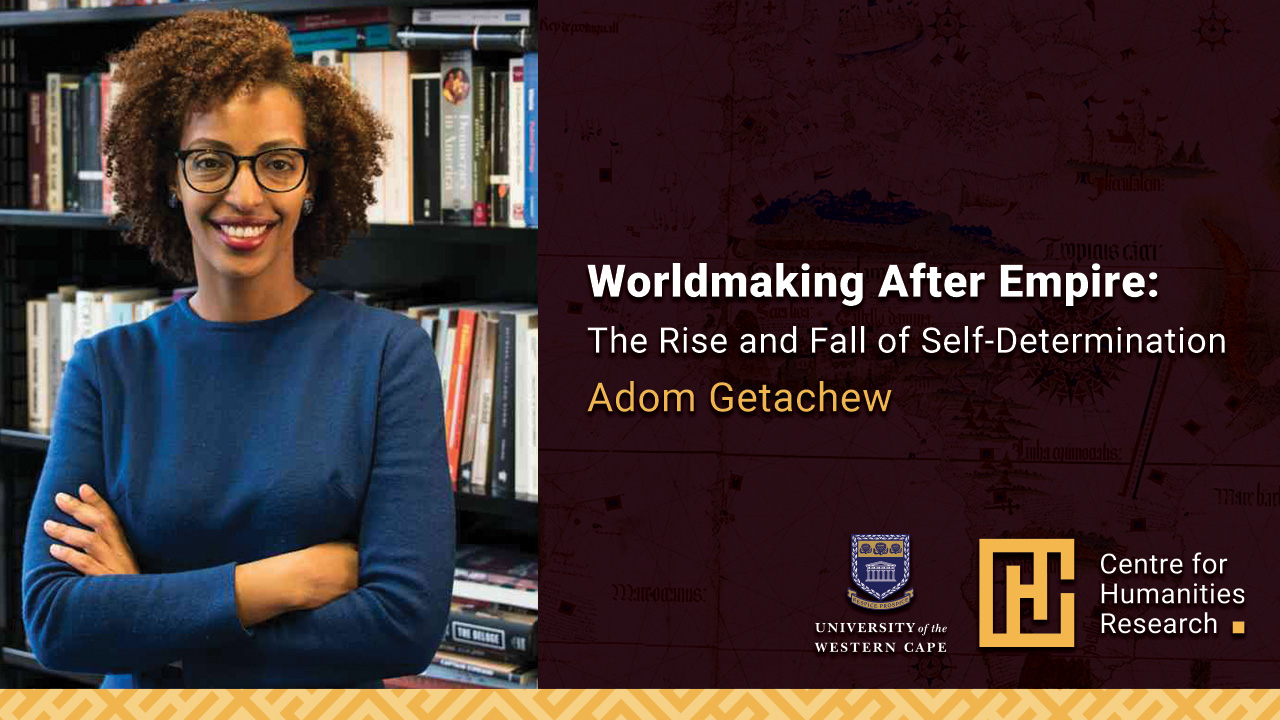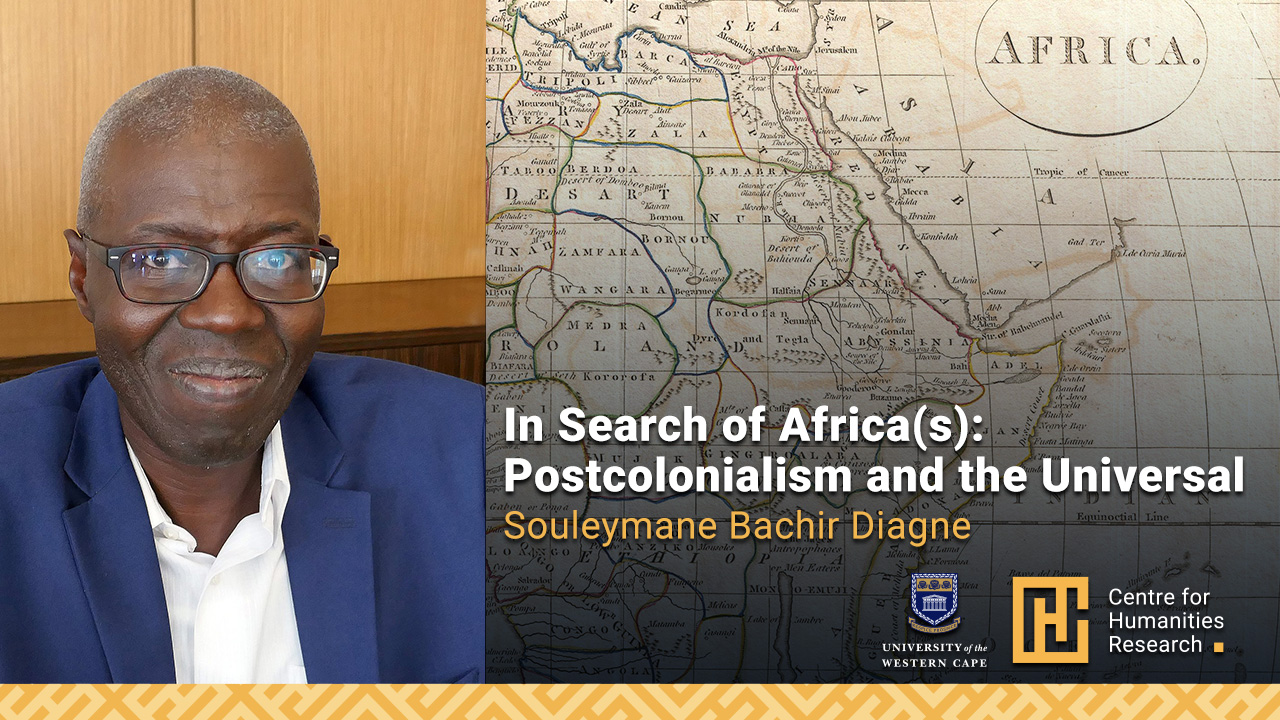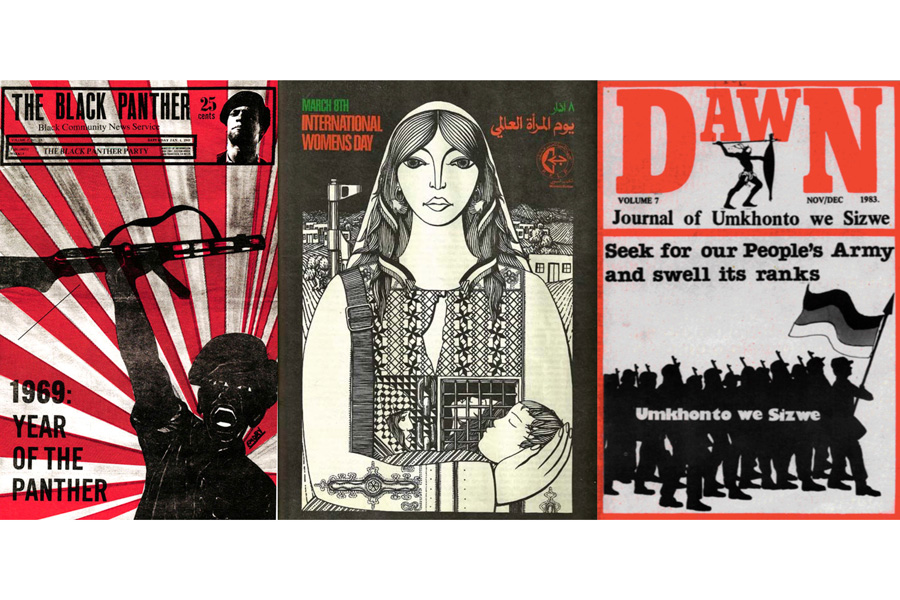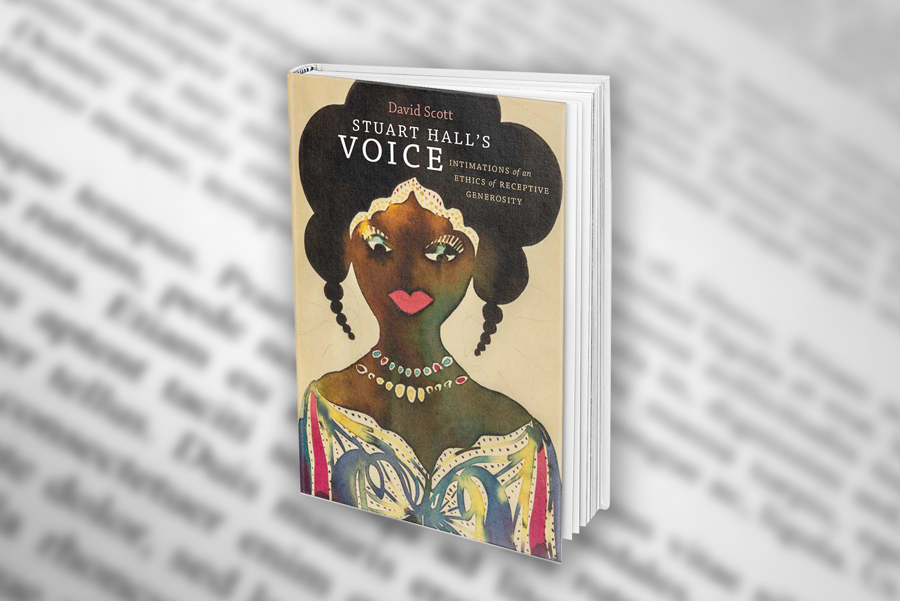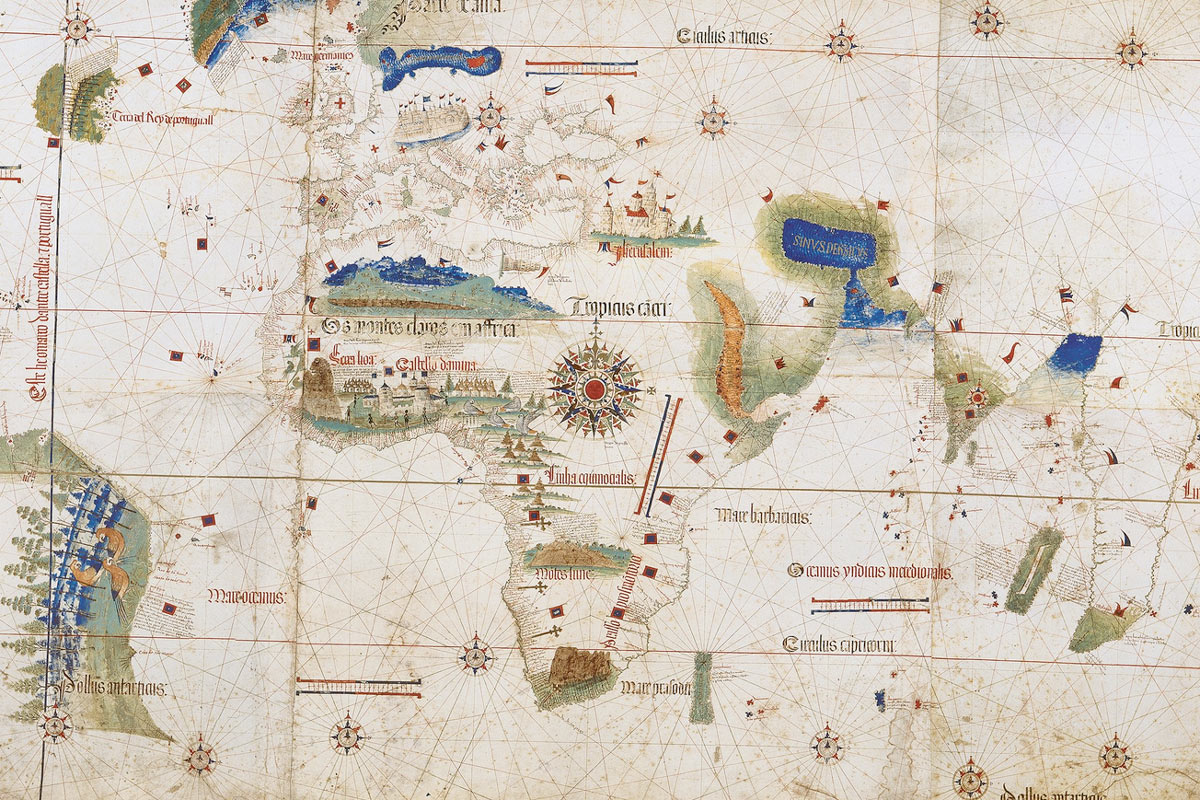Thinking from the South on Traditions of Politics and Aesthetics
Other Universals is a supra-national consortium supported by the Andrew W. Mellon Foundation. The consortium consists of scholars from several universities in Africa (in South Africa: University of the Western Cape, University of Cape Town, University of the Witwatersrand University of Johannesburg; in Ethiopia, Addis Ababa University; in Ghana, University of Ghana- Legon); in the Caribbean, University of the West Indies, Cave Hill Campus; and, in the Middle East, the American University of Beirut. Other Universals brings together scholars across different geographies to convene conversations around shared intellectual and political preoccupations. Other Universals hosts seminars, workshops, discussion groups across an array of thematic interests to support research on the long histories of radical anticolonial thought and cultural practices from the South. The consortium provides graduate student fellowships and creates a dynamic co-curricular programme for emerging scholars at the participating universities.
Thematic Areas
Other Universals encourages scholarship that draws on multiple anticolonial traditions to speak to universal predicaments. Currently, the consortium engages with the following.
Revisting Marxist traditions and the global South
This thematic area explores the relationship of Marxism/s to race, ethnicity, religion and sexuality. How might histories of internationalism in Africa, the Caribbean, the Middle East and South Asia offer ways to connect with traditions of Marxism in the metropoles that engaged cultural and political identities as they affect the colonial and postcolonial subject? What can a living tradition of Marxist thought proffer to our current imaginings of a future beyond coloniality?
Translation and Comparison As Method
In investigating methods of studying living archives of critical thought, this thematic area asks the following questions: How do we read figures, texts and objects across radical political and aesthetic traditions? How do we do translation and comparison across and within these different systems of meaning? What does it mean to read a text, figure or object conjuncturally towards historicizing the practice of critique?
The Epistemic Question
This thematic area examines questions of epistemic violence/justice in the modern university of the global South. What is the relationship of secular criticism to modernity, universal knowledge to particular knowledges, and the making of the distinctions between the sacred and the profane?
Identity and Identification
The relationship between the making of the colonial political subject and postcolonial political subjectivities is central to this thematic area. Wherein identities like Black, Queer, Dalit, Muslim/Jew, Tribal exist inside of political formations yet also exceed them. How might we understand the relationship between identity and identification in political and aesthetic worlds? What modes of cultural citizenship and idioms of difference define insider and outsider? How do notions of majority and minority work to produce the nation?
Webinars
News & Events
- All
- Audio
- Book Launch
- Books
- Colloquia
- Events
- Lecture
- Media
- News
- Other Universals
- Publications
- research platforms
- Seminar
- Seminars
- Video
- Workshops
Our Consortium Members
Principal investigator
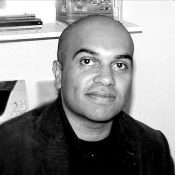
Suren Pillay
Principal Investigator
University of the Western Cape
Centre for Humanities Research
Conveners
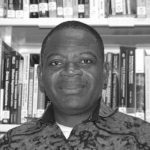
Samuel Aniegye Ntewusu
University of Ghana
Institute of African Studies
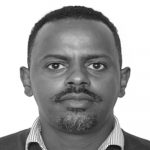
Yonas Ashine Demisse
Addis Ababa University
Political Science and International Relations
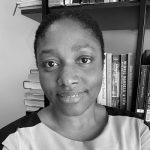
Victoria Collis-Buthelezi
University of the Witwatersrand/University of Johannesburg
Centre for the Study of Race, Gender & Class/English
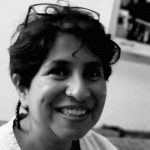
Ruchi Chaturvedi
University of Cape Town
Sociology
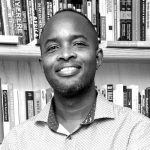
Aaron Kamugisha
University of the West Indies/ Smith College
Cultural Studies/ African Studies
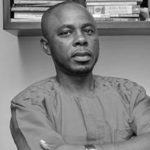
Chika C. Mba
University of Ghana
Institute of African Studies
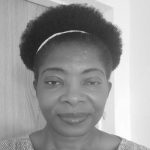
Genevieve Nrenzah
University of Ghana
Institute of African Studies
Student fellows
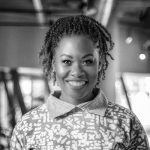
Obenewa Amponsah
University of Witwatersrand
African Literature

Francesco Anselmetti
American University of Beirut
Centre for Arab and Middle East Studies
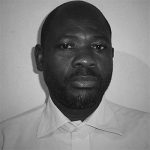
Arnaldo Pinto Teixeira Caliche
University of the Western Cape
History
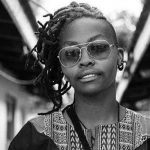
Nelly Ganta
University of the Witwatersrand
Urban Geography
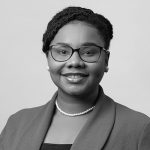
Reyda Gay
University of the West Indies, Cave Hill Campus
Cultural Studies
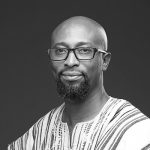
Elikem Kunutsor
University of Cape Town
Centre for Theatre, Dance & Performance Studies
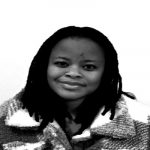
Sikelelwa Anita Mashiyi
University of the Western Cape
Anthropology
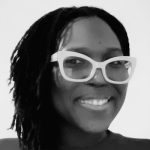
Vania Patrick-Drakes
University of the West Indies, Cave Hill Campus
Social Policy
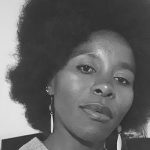
Rosette Sifa Vuninga
University of the Western Cape
History
Affiliated Academics
Samer Frangie
American University of Beirut
Political Studies and Public Administration
Danai S. Mupotsa
University of the Western Cape
History
Ayanda Nombila
University of the Western Cape
Political Studies
Project Administrators
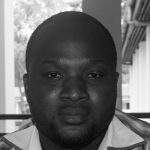
Eric Narh Tei-Kumadoe
University of Ghana
Institute of African Studies
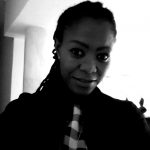
Phindi Malaza
University of the Western Cape
Centre for Humanities Research



